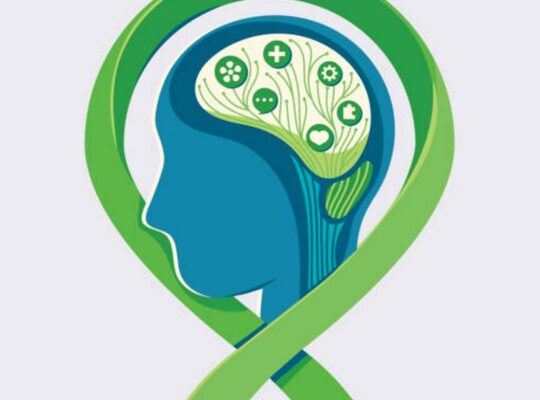Studies are investigating the impact of social media on anxiety, depression, and self-esteem, with efforts to regulate harmful content.
Social media’s impact on mental health, especially regarding anxiety, depression, and self-esteem, has become a significant area of research in recent years. Studies have consistently shown both positive and negative effects. On the one hand, social media can serve as a tool for connection, self-expression, and community building. However, excessive use, exposure to harmful content, or comparisons with idealized versions of others’ lives can have adverse effects.
Key Findings:
- Anxiety and Depression:
- Social media can exacerbate feelings of anxiety and depression. Studies have shown a correlation between heavy social media use and increased levels of anxiety, depression, and loneliness, particularly among young people. This might be due to factors such as cyberbullying, social comparison, and the pressure to present a perfect life online.
- The constant need for validation (likes, comments) can contribute to heightened stress and self-doubt.
- Self-esteem:
- Many users, especially teenagers, are vulnerable to comparisons with others’ curated posts, leading to decreased self-esteem. Research shows that people tend to compare themselves to others on social media, often leading to feelings of inadequacy and body image issues.
- On the flip side, social media can help some individuals feel more confident by connecting them with supportive groups or communities.
- Influence of Content:
- Harmful content, such as unrealistic beauty standards or toxic positivity, can negatively affect mental health. Platforms have been criticized for their role in amplifying such content, whether through algorithms that prioritize sensational or visually appealing posts or through the spread of misinformation.
- Conversely, there are efforts by some social media platforms to curate content that promotes mental well-being, such as providing links to resources on mental health or introducing features to encourage breaks from scrolling.
Efforts to Regulate Content:
Governments, organizations, and social media platforms themselves are increasingly recognizing the need for regulation:
- Platform Regulation: Some platforms have introduced measures like content moderation and AI-driven filters to reduce the spread of harmful content (e.g., hate speech, bullying, misinformation). Instagram has rolled out features that allow users to hide the like count on posts to reduce the pressure of social comparison.
- Digital Well-being Tools: Platforms like Facebook and Instagram provide tools to help users manage their time on social media, offering reminders to take breaks or see activity reports.
- Legislation: Some countries have been exploring or implementing legislation to protect minors from harmful online experiences, such as the European Union’s Digital Services Act, which includes measures for greater transparency and accountability from social media platforms.
Despite the efforts to create a safer online environment, the challenge remains in balancing regulation with free speech and the diverse needs of users. As more research unfolds, it’s clear that while social media has the potential for harm, it also has the power to bring people together and support mental health in positive ways when used thoughtfully.
Compassionate care for your mental well-being – trusted psychiatrists in Kolkata.







